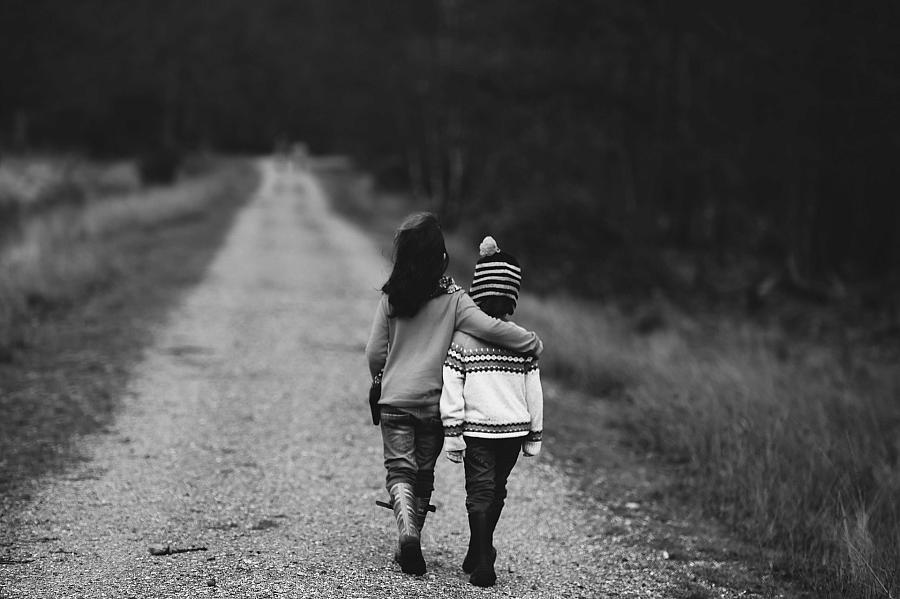Black children are more likely to be treated like adults in U.S. elementary schools

(Photo by Daniel Edeke/ Pexels)
Black children are rarely seen as children. Their young bodies are often viewed as adults who can engage in sexual acts, their elementary age viewed as old enough to know right from wrong, and their childhood is often clouded with adults treating them and viewing them as adults.
The adultification and sexualization of Black bodies has received little to no reporting. These two terms are big and general, but if you speak to someone in the Black community, it doesn’t take long to realize many of us have varying levels of experience with this. Oftentimes, the two overlap.
Young Black children, some who may physically develop earlier than others, are seen as sexual beings before they even hit puberty. Black children often experience being labeled “curvy,” “fast,” “promiscuous,” and “more mature than other children.”
A 2017 study found that Black girls between the ages of 5 and 9 were perceived by adults to need less nurturing, protection, and comfort than white girls of the same age. The same study found that the greatest difference in adults’ perception of innocence was for 10- to 14-year-olds.
Black children are also seen as knowing more about sex than white children. And in certain states, Black children are punished more often in school settings by educators because they are viewed as independent adults.
Another example of this is the way Black children are treated in foster care, where some as young as 5 are pressured to sign their own documents. The ways in which Black children are seen and treated like adults are extensive. For the 2022 Data Fellowship, I plan to do a series of stories on how this dynamic shows up in different ways in California, and what the long-term impact this has on Black communities and families.
As a young Black woman myself, I can attest to sharing many of these experiences. My goal for this project is to get at the root of why this is so dangerous for the livelihood and maturation of Black people.
My reporting will take a deeper look at the available data to show just how often this is happening to Black children in schools in California and what the mental health impact this has on the Black community.
I’d like to look at different school districts in California to compare the results of the available data, broken down by race and gender, to highlight how often Black children are being sexualized in school settings and treated like adults.
There are a number of organizations I plan on contacting for this story, some of which are focused solely on tracking data and providing resources for communities of color. Speaking with researchers and health care professionals will allow me to get a better picture of these issues, helping me identify contributing factors and flesh out the available data.
My hope is that this reporting can give the Black community a voice and provide a database that speaks to the harmful ways Black bodies are sexualized, and how this can reverberate into mental health issues. It’s important because Black children deserve to have a childhood without fear that their breasts will be touched, without being called “curvy” at 8 years old, or asked to unknowingly engage in child pornography.
Much of the reporting out there about Black bodies being sexualized pertains to Black women. While this issue is important, I do not plan on making my reporting exclusive to Black girls and young women. Black boys are sexualized frequently by being forced into sexual experiences by friends or family to prove their masculinity and show that they are not gay. For example, the rapper Boosie publicly admitted on Instagram that he got his young sons a prostitute to perform oral sex on them, to prove they are not gay.
I plan to look at funding, laws, and policies in place that are being used to protect children in California, and find out how much money is being spent to address mental health issues in children and teenagers.
Reporting on something as systemic as this will take time, lots of energy, and regularly checking on my mental health and well-being — but it’s past time the experiences of generations of Black children stop being unnoticed and underreported.